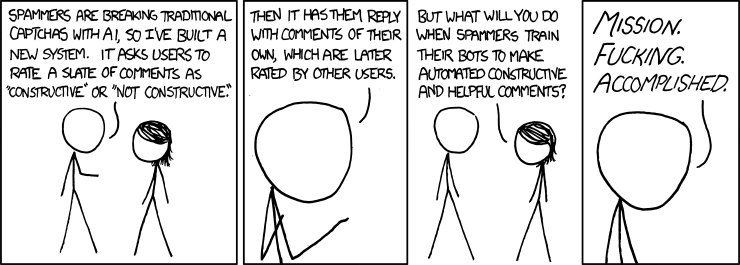Cases of (not too well concealed) sockpuppetry can often be characterized by different accounts using the same IP and more or less massively upvoting each other in shorter or longer periods of time.
However, the same pattern of activities can arise, when a group of people working at the same place for example contributes to an online community, as for example whole universities may use a single IP, people may show each other and talk about their contributions in the real world, etc ...
How can one discern cases of illegal sockpupettry from a (small) group of people legally contributing while working together at the same workplace (company, university, etc)?
What complicates the issue in our community is the fact, that pseudonymous contributions are intentionally allowed and supported, such that it is generally not possible to map each contributing member to a real name.
What can be done to allow and support people contributing from a common workplace who potentially share a single IP, while discouraging and preventing sockpuppetry?
